J Alexander Hershey
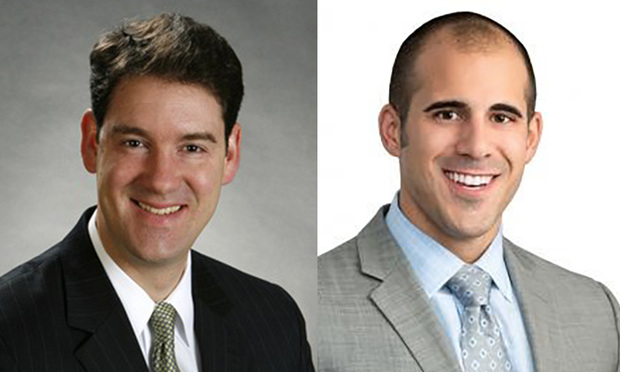
April 22, 2021 | The Legal Intelligencer
'Google v. Oracle' Provides Freedom to Developers, Caution to Copyright OwnersAfter nearly 11 years of legal battles, the U.S. Supreme Court recently issued a decisive ruling in favor of Google over Oracle America, Inc., in a software copyright dispute.
By J. Alexander Hershey and Bryon M. Chowka
8 minute read
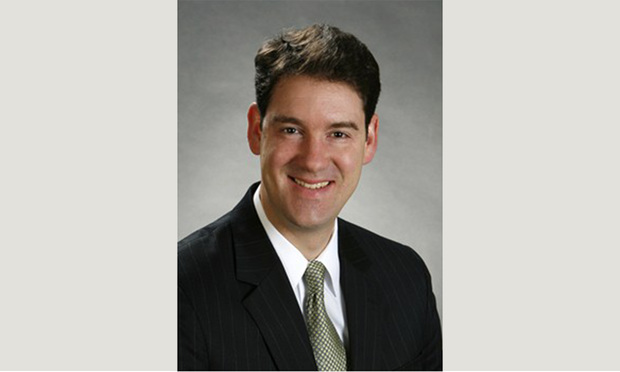
November 12, 2020 | The Legal Intelligencer
The Art of Litigation After COVID-19—Taking Testimony by VideoconferenceThe case is framed. Ready to prove but for a sweet set of tasty admissions. All you need is to take the right depositions, engage with the knowledgeable people, and align their sworn views into your theory of the case. Once in line, if necessary, you proceed to trial to make them confirm your victory on cross!
By J. Alexander Hershey
7 minute read
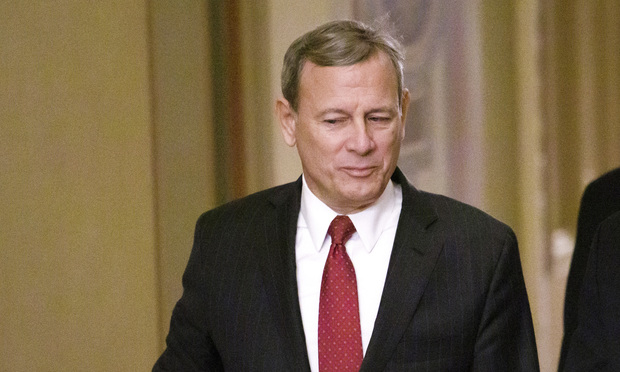
August 20, 2020 | The Legal Intelligencer
On Social and Commercial Issues, the Roberts Court Produces Balanced ResultsA popular focus of the general and legal press, both this past spring and in recent years, has been the leftward list of the U.S. Supreme Court under Chief Justice John Roberts.
By J. Alexander Hershey and Ashley L. Wilkinson
8 minute read
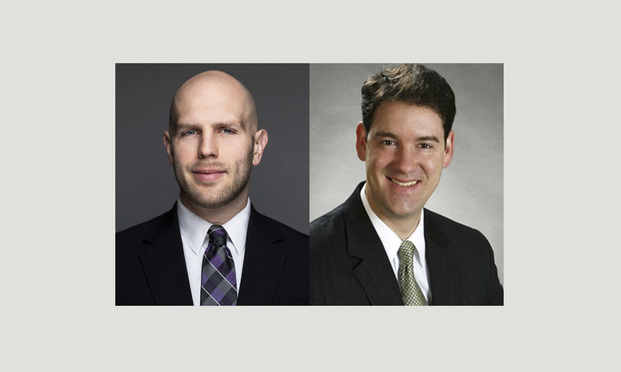
July 02, 2020 | The Legal Intelligencer
The Post-COVID-19 Era Brings a New Age of Cybersecurity ConcernThe pandemic has forced employees to work remotely, resulted in school closures impacting almost 70% of the world's student population, and given rise to a number of new online scams. These drastic, rapid changes highlight the need for better organizational and individual cybersecurity practices.
By J. Alexander Hershey and Sebastian M. Fischer
8 minute read
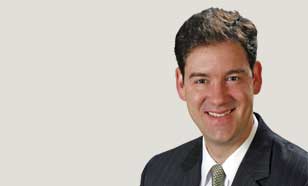
October 13, 2016 | The Legal Intelligencer
Complexity and Cost in Antitrust and Other Unfair Competition ActionsThe more things change the more they stay the same. Those in the legal profession—as well as our clients and the courts—have long bemoaned the complexity, expense, and overwhelming scope of commercial litigation. While the challenges of sprawling discovery, motions practice, and trial permeate many causes of action, and federal statutory claims in particular, no area of law has been more routinely identified as a source of immense and costly suits than antitrust and other unfair competition claims. While this is not recent news, past and present efforts to alleviate the problem have not fully succeeded, and perhaps they simply cannot.
By J. Alexander Hershey
14 minute read

December 29, 2015 | The Legal Intelligencer
Reinstating Principles of Proportionality Into Litigation PracticeOne would think that an amendment to the rules of civil practice would result in a change to those rules. That some aspect of what is required of litigators would change, and that the rules had been substantively modified to cause such a change. But the modification made as of Dec. 1 to the provisions of Federal Rule of Civil Procedure 26(b)(1), in fact, did not cause a substantive change to the rules. What it did, apparently, was rearrange the concepts to make them more apparent, to cause litigators to take notice, and to cause a correction in the way we practice by reminding us of existing notions that we may have ignored. This reminder came, perhaps, a month early—the amendment of the rule is a call for a New Year's resolution to correct the way we approach the scope of discovery.
By J. Alexander Hershey
7 minute read

December 28, 2015 | The Legal Intelligencer
Reinstating Principles of Proportionality Into Litigation PracticeOne would think that an amendment to the rules of civil practice would result in a change to those rules. That some aspect of what is required of litigators would change, and that the rules had been substantively modified to cause such a change. But the modification made as of Dec. 1 to the provisions of Federal Rule of Civil Procedure 26(b)(1), in fact, did not cause a substantive change to the rules. What it did, apparently, was rearrange the concepts to make them more apparent, to cause litigators to take notice, and to cause a correction in the way we practice by reminding us of existing notions that we may have ignored. This reminder came, perhaps, a month early—the amendment of the rule is a call for a New Year's resolution to correct the way we approach the scope of discovery.
By J. Alexander Hershey
7 minute read

October 06, 2015 | The Legal Intelligencer
Clinton, Brady and the High Threshold for SpoliationAs every litigator knows, the explosion of communications has come with an explosive increase in the volume of available evidence. Everyday communications are now recorded in emails, texts, posts and tweets, rather than being lost into the phone wires of the 20th century. In discovery, lawyers wrestle to demand, retrieve, examine and use these communications in the ever-broadening scope of cases of all sizes. And, when the communications are withheld, lost or destroyed, lawyers cry foul, raise claims of spoliation, and seek sanctions, evidentiary presumptions or other remedies. This is modern day-to-day commercial litigation. But what does it really take to substantiate accusations of wrongdoing?
By J. Alexander Hershey
8 minute read

April 07, 2015 | The Legal Intelligencer
How the Federalist Papers Relate to Data Breach LegislationClamoring voices are contending for the right to protect your personally identifiable information.
By J. Alexander Hershey
7 minute read

April 06, 2015 | The Legal Intelligencer
How the Federalist Papers Relate to Data Breach LegislationClamoring voices are contending for the right to protect your personally identifiable information.
By J. Alexander Hershey
7 minute read
Trending Stories
- 1You Too Can Be a Programmer: Connecting to Legal Platform APIs With Generative AI (Part 2)
- 2Court of Appeals and Appellate Division As Courts of First Instance
- 3Federal Judge Slaps Down the SEC’s Attempt to Regulate Crypto Liquidity Providers
- 4A Client Is Guilty; But Another Man Is Wrongfully Convicted
- 5Legal Tech's Predictions for Cybersecurity in 2025
More from ALM
- Scan In Progress: Litigators Leverage AI to Screen Prospective Jurors 1 minute read
- Legal Speak at General Counsel Conference East 2024: Match Group's Katie Dugan & Herrick's Carol Goodman 1 minute read
- Legal Speak at General Counsel Conference East 2024: Eric Wall, Executive VP, Syllo 1 minute read



